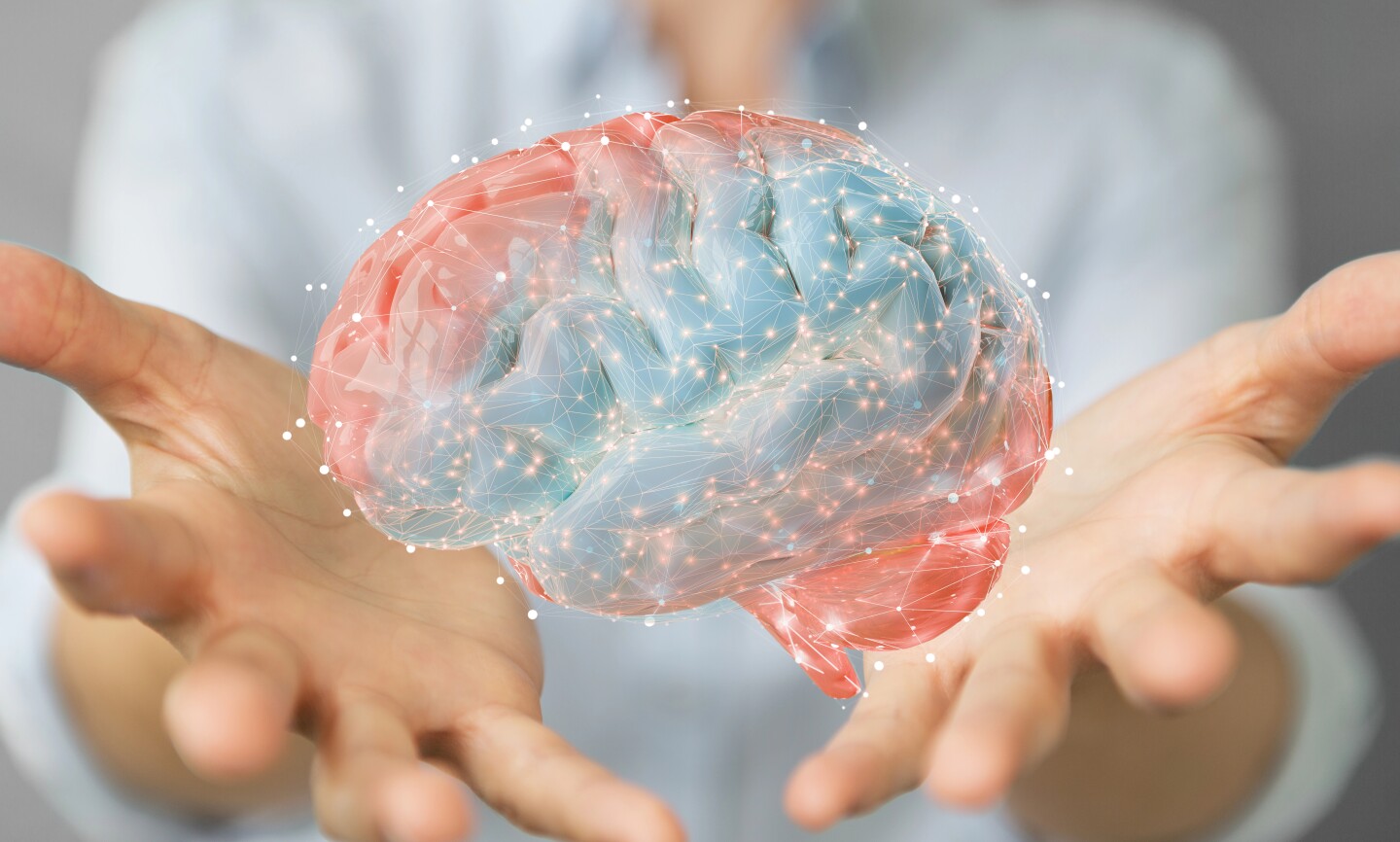ADHD and Parkinson’s disease linked to gene-driven brain volume

Spanning nearly 100 laboratories in 45 countries, landmark research has, for the first time, shown an association between genetic brain size and neurological conditions such as Parkinson’s disease and attention-deficit/hyperactivity disorder (ADHD). And while it doesn’t prove causation, it’s a big step forward in being able to assess risk factors and provide early intervention.
Category: Mental Health, Brain Health, Body & Mind
Tags: QIMR Berghofer, University of Southern California, ADHD, Parkinson’s Disease, Genetics, Diagnosis, Brain
Continue reading ADHD and Parkinson’s disease linked to gene-driven brain volume